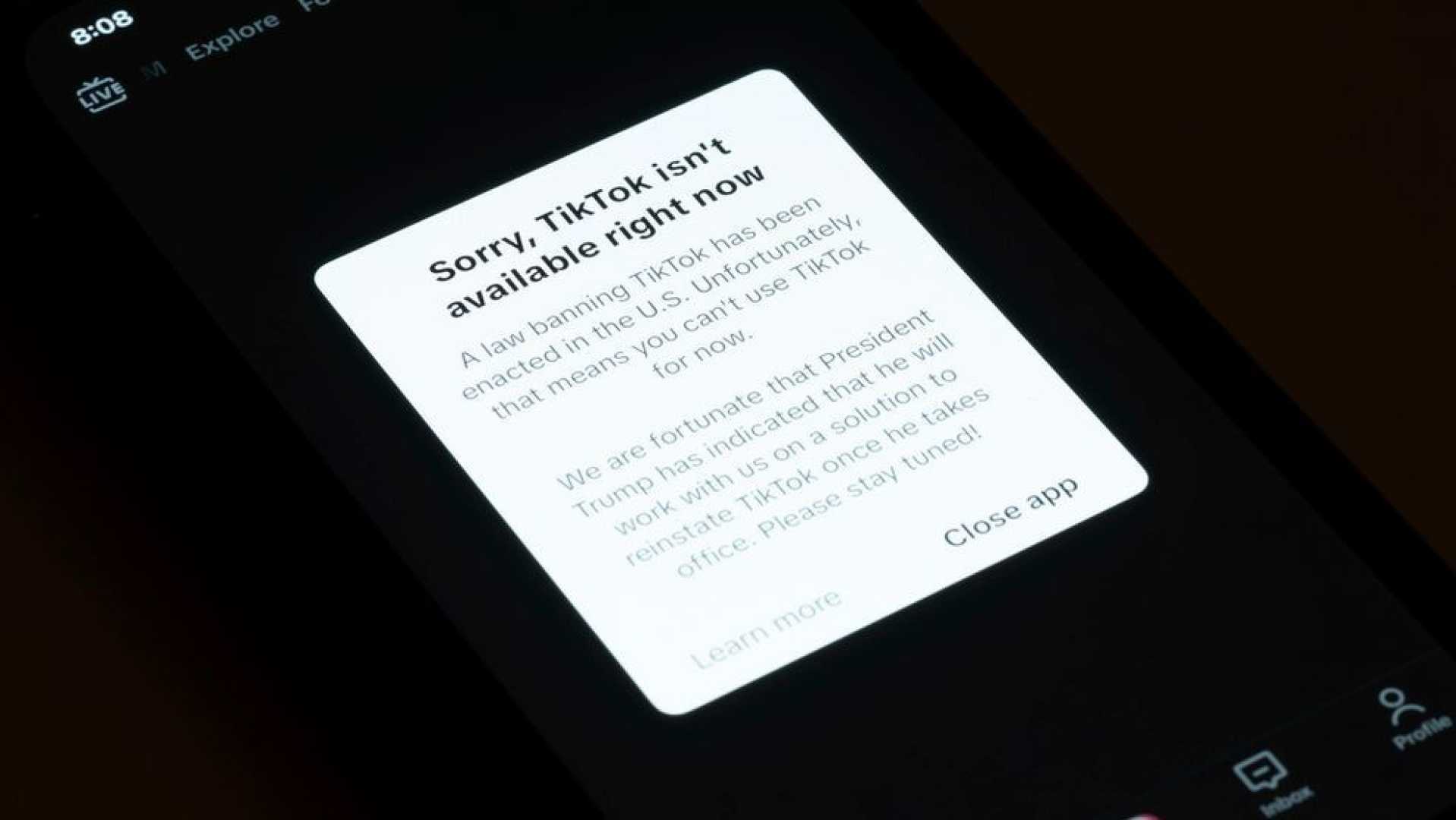Politics
Trump Vows to Revive TikTok Through Executive Order, Sparking Legal Concerns

WASHINGTON, D.C. — President-elect Donald Trump announced Sunday via Truth Social that he plans to revive TikTok through an executive order, proposing a 50% government ownership of the app in a joint venture. The announcement came just hours before Trump’s inauguration, sparking immediate reactions from users, lawmakers, and legal experts.
Trump’s plan would allow the U.S. government to own half of TikTok, with the remaining stake held by an undisclosed purchaser. By midday Sunday, TikTok was reportedly accessible again to U.S. users, seemingly in response to Trump’s promises. The move has positioned Trump as an unexpected ally of TikTok’s predominantly young user base, many of whom are not traditionally aligned with his MAGA movement.
However, the proposal has raised significant legal and constitutional concerns. Legal analyst Lisa Rubin, a former litigator and MSNBC correspondent, warned that the executive order could set a dangerous precedent. “It’s dangerously imperialist to issue an executive order that essentially states a validly enacted statute means nothing,” Rubin said. She emphasized that Trump’s approach could undermine the rule of law by allowing presidents to alter or ignore legislation they dislike.
The TikTok ban, enacted under the previous administration, was designed to address national security concerns related to the app’s Chinese ownership. Trump’s proposed solution, which was not contemplated in the original legislation, has drawn criticism for its potential to erode congressional authority. “If Trump can erase the text of the TikTok ban, what’s to stop him from doing that to far more consequential laws?” Rubin asked.
Legal challenges to the executive order appear unlikely, as it is unclear who would have standing to sue. TikTok itself is unlikely to object, and GOP leaders in Congress are hesitant to oppose Trump so early in his presidency. Sen. Tom Cotton, a vocal defender of the original ban and chair of the Select Committee on Intelligence, has not indicated plans to challenge the order.
Rubin also pointed to the Supreme Court‘s recent rulings as a potential enabler of Trump’s actions. “The Supreme Court all but told Trump, ‘Go ahead. Act boldly and fearlessly — and there can’t be consequences,'” she said. With criminal prosecution for official acts off the table, Rubin warned that Trump’s presidency could see repeated executive overreach.
The announcement has left many questions unanswered, including the fate of small businesses reliant on TikTok and the app’s impact on younger Americans. As Trump prepares to take office, the TikTok saga highlights the broader implications of his approach to governance and the rule of law.












